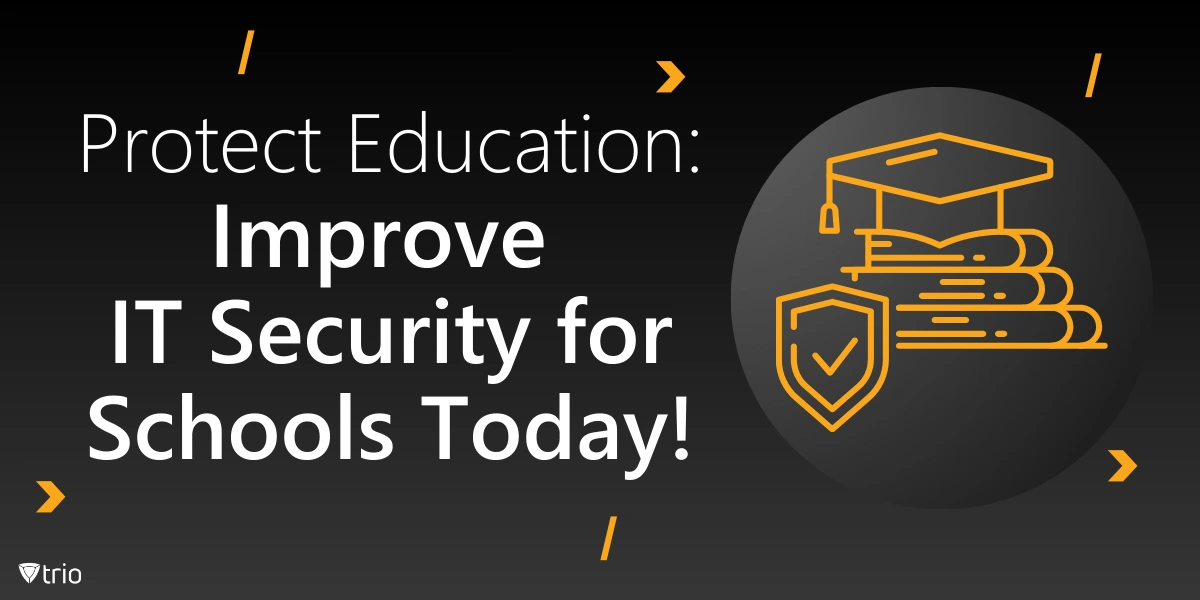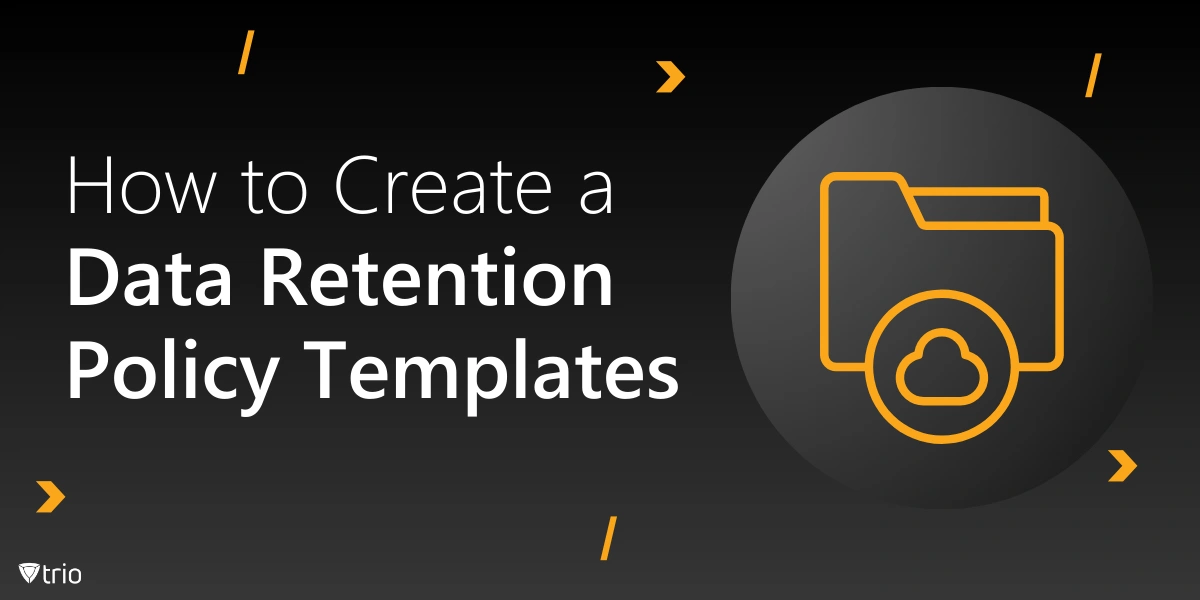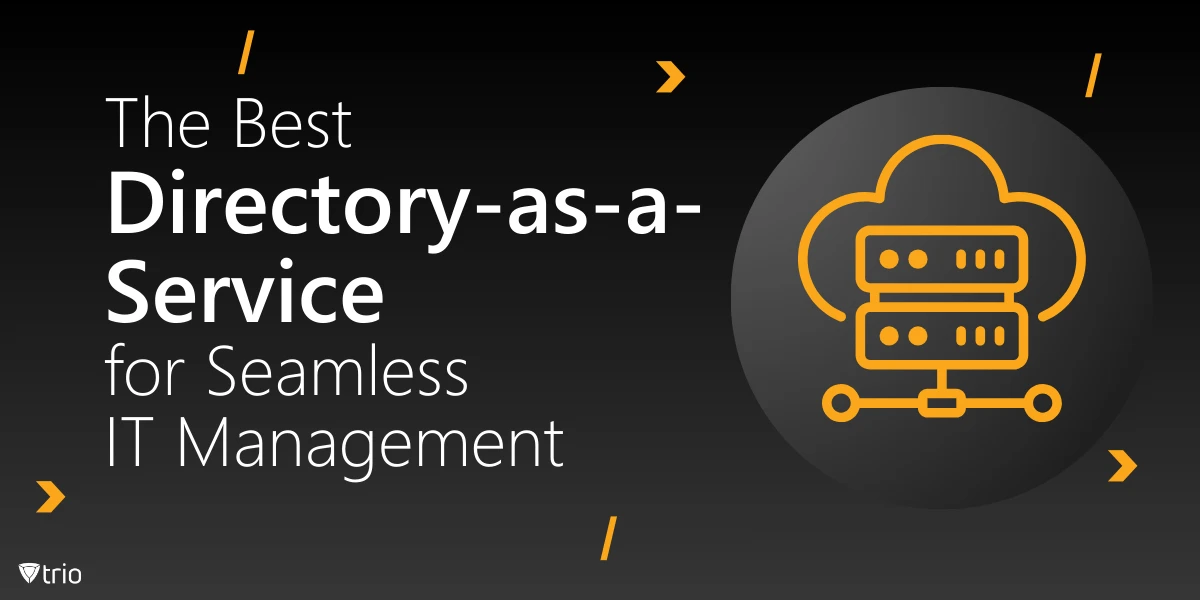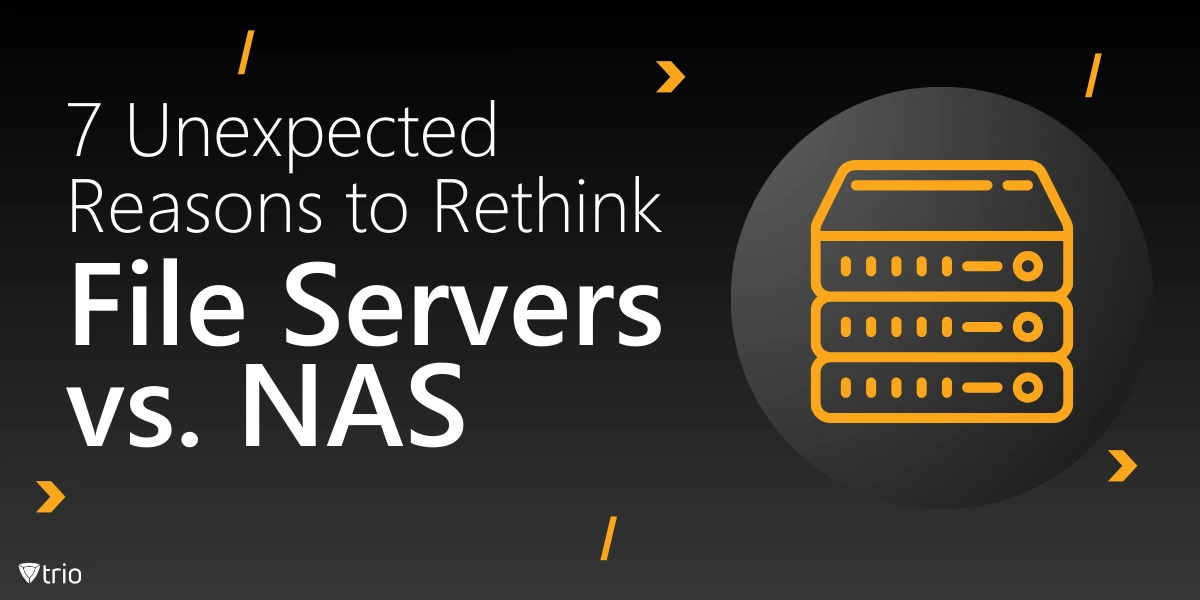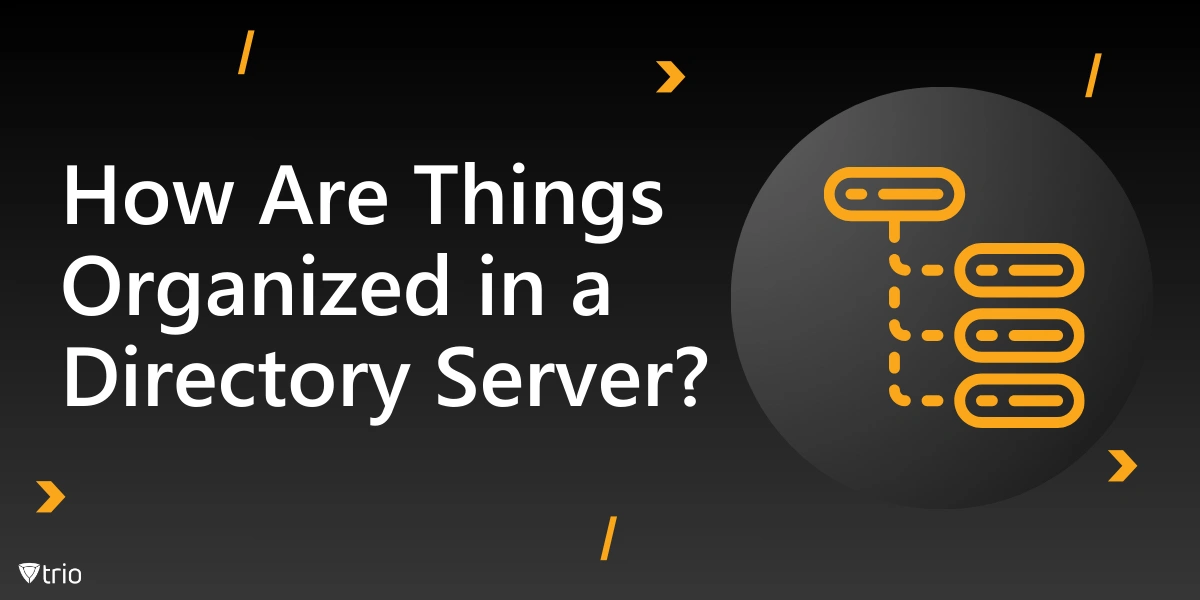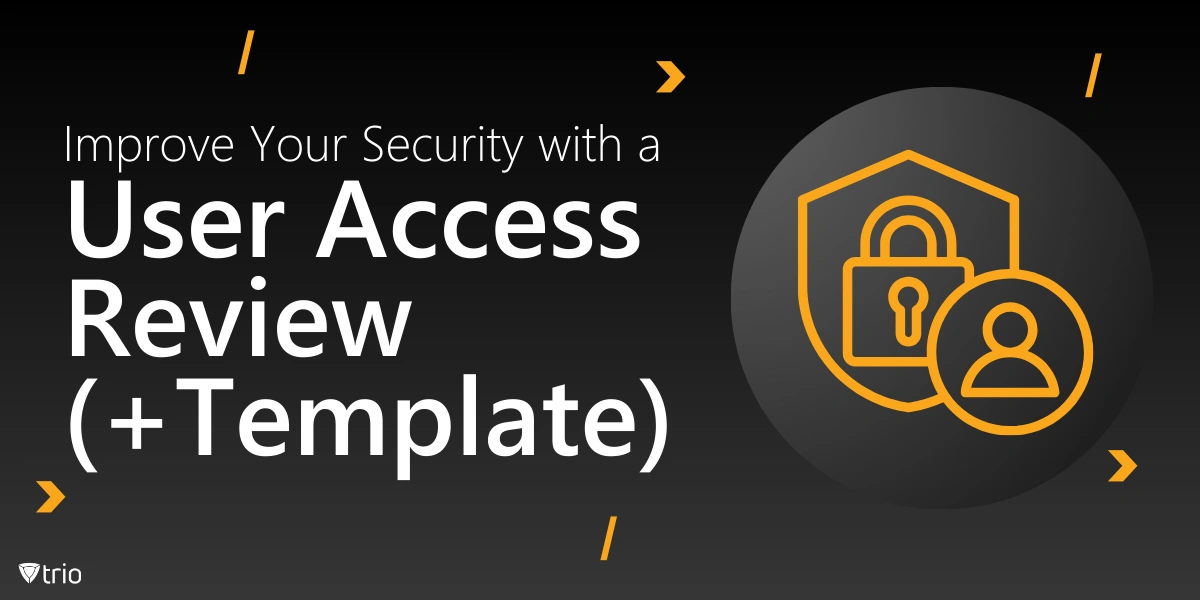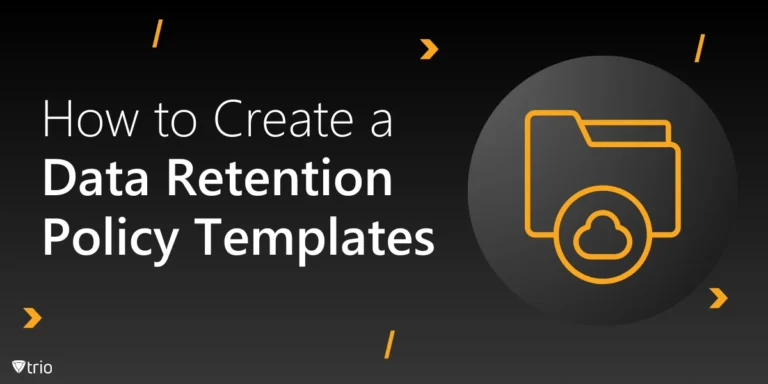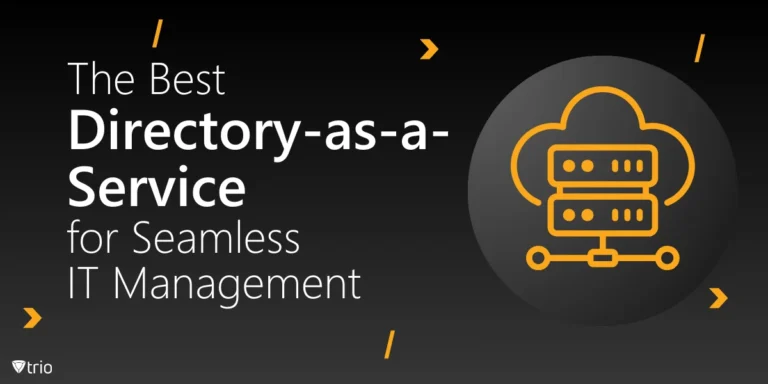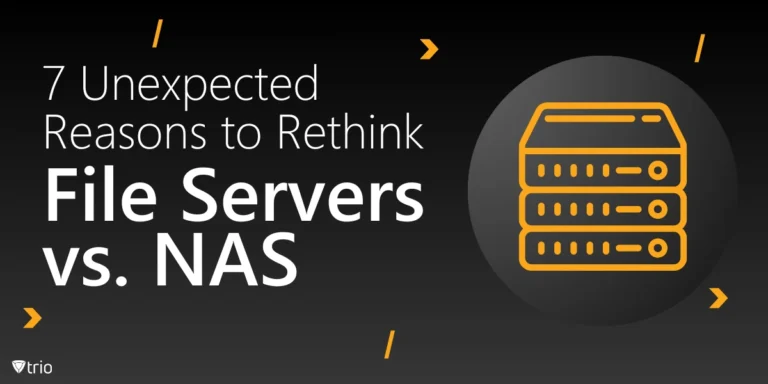In the current cyber landscape, privileged session management (PSM) is a cornerstone of strong IT security. It involves managing and monitoring sessions initiated by users with elevated access to critical systems, ensuring accountability and reducing security risks. As organizations increasingly rely on digital infrastructures, PSM solutions help secure privileged credentials, prevent unauthorized access, and support compliance requirements.
At its core, PSM bridges the gap between access control and real-time oversight. By recording sessions and flagging suspicious activity, IT teams can create a robust audit trail, which is invaluable for investigations and audits.
Why is Privileged Session Management so Important?
Modern organizations operate in a high-stakes environment where cyber threats are widespread. Hackers target privileged accounts and sessions as they provide direct pathways to sensitive data and systems. Failing to manage these effectively can result in catastrophic breaches.
Furthermore, regulatory standards, such as GDPR and HIPAA, demand stringent measures for privileged access management (PAM), including session recording and real-time monitoring. Implementing PSM ensures not only operational security but also compliance.
For teams involved in processes like employee onboarding and offboarding, implementing PSM ensures a secure transfer or termination of access, further reducing security vulnerabilities.
Key Features of Privileged Session Management Tools
Privileged session management tools are more than just safeguards—they’re essential enablers of secure and efficient IT operations. By offering comprehensive oversight and control over privileged accounts and sessions, these tools empower organizations to proactively address potential threats. With features tailored to meet both security and compliance requirements, PSM tools are vital for managing privileged access across various scenarios, from routine administrative tasks to high-stakes interventions.
Real-Time Monitoring and Session Recordings
One of the standout features of privileged session management tools is their ability to offer real-time monitoring. IT administrators can observe active sessions, track access requests, and terminate any unauthorized activities instantly.
Additionally, the session recording functionality captures every action within a privileged session. This creates an audit trail that aids in forensic analysis, enhances accountability, and ensures compliance with industry regulations.
Whether managing day-to-day tasks like software usage tracking or handling critical incidents, PSM tools help IT teams maintain control and visibility.
Multi-Factor Authentication and Access Control
Modern PSM solutions incorporate multi-factor authentication (MFA) as a standard. MFA ensures that even if privileged credentials are compromised, unauthorized users cannot gain access.
Furthermore, access control mechanisms within these tools define the scope of what users can do during their sessions. This minimizes the risk of abuse while maintaining necessary functionality for high-level tasks.
For organizations implementing role-based access control, PSM tools act as a complementary layer to protect sensitive systems.

Examples and Use Cases of Privileged Session Management
Privileged session management is not a one-size-fits-all solution—it’s a versatile approach that adapts to various organizational needs. From financial institutions safeguarding sensitive data to IT teams managing transitions like employee onboarding and offboarding, PSM tools provide unmatched oversight and control. By proactively addressing potential threats and ensuring secure access, these solutions enhance both operational efficiency and cybersecurity resilience.
Privileged Session Management Example in Action
Imagine a financial institution where a database administrator has access to sensitive customer records. Using a privileged account and session management tool, the organization monitors the administrator’s activity in real time, ensuring no unauthorized data transfers occur.
If suspicious activity is detected, such as attempts to access restricted files, the PSM system immediately alerts the IT team and can automatically suspend the session. This proactive approach minimizes the impact of insider threats or compromised accounts.
During tasks like new hire onboarding, having a strong PSM solution ensures that privileged access is granted securely and can be revoked when no longer needed.
Choosing the Right Privileged Session Management Solution
Integrating PSM into your IT ecosystem requires identifying critical systems and defining the scope of privileged access. This helps ensure that the chosen tools align with your organization’s needs, enabling effective monitoring and risk mitigation while supporting compliance and security goals.
Integrating PSM into Your IT Infrastructure
Integrating privileged session management (PSM) solutions into your IT infrastructure begins with identifying critical systems and accounts. Many organizations rely on commercial tools, which may offer comprehensive features such as session recordings and automated alerts. For cost-conscious organizations, open-source PSM options provide a viable alternative, addressing key security challenges effectively, though they may lack advanced features.
Assessing Your Security and Operational Needs
When selecting a PSM solution, it’s essential to consider both your security goals and operational needs. A thorough assessment ensures the tool aligns with your infrastructure, addressing critical aspects like scalability, real-time monitoring, and compliance. Smaller organizations may benefit from simpler, more focused options, while larger enterprises may require the robust support and scalability offered by commercial solutions. Effective PSM tools should also integrate seamlessly with your existing privileged access management (PAM) strategy to ensure comprehensive monitoring and management of privileged accounts and sessions.
Holistic Approach: Combining PSM with Employee Management
For a more holistic approach, consider combining PSM tools with employee management strategies to align security protocols with overall organizational goals. A reliable PSM system ensures no sensitive information is left unprotected during transitions such as employee onboarding or offboarding.
Open Source vs. Commercial Solutions
The choice between open-source and commercial PSM solutions ultimately depends on your organization’s size, budget, and compliance requirements. Open-source options are cost-effective and address essential security challenges but may lack advanced features like real-time monitoring or automated compliance reporting. On the other hand, commercial PSM solutions offer support, scalability, and a wide array of features. Balancing features with cost is key to strengthening your overall security strategy.

How Trio Simplifies Privileged Session Management
Trio, a simplified mobile device management (MDM) solution, brings simplicity and efficiency to managing privileged accounts and sessions.
Trio’s Role in Privileged Session Management
With Trio, organizations can manage and monitor privileged sessions across diverse devices and platforms. Its advanced tools include:
- Real-time monitoring to detect suspicious activity instantly.
- Comprehensive audit trails to meet compliance requirements.
- Integration with multi-factor authentication for enhanced security.
For businesses seeking to improve processes like employee offboarding automation, Trio provides seamless solutions that prevent errors and enhance security.
Ready to take your privileged session management to the next level? Trio offers a robust, scalable solution tailored to your needs. Book your free demo today to see how Trio can transform your IT security strategy.
Conclusion
Privileged session management is no longer optional—it’s a critical component of a secure IT infrastructure. By leveraging modern tools, whether open-source or commercial, organizations can mitigate security risks, enhance operational efficiency, and ensure compliance.
Whether you’re a growing startup or an established enterprise, prioritizing PSM as part of your broader privileged access management PAM strategy is essential.
